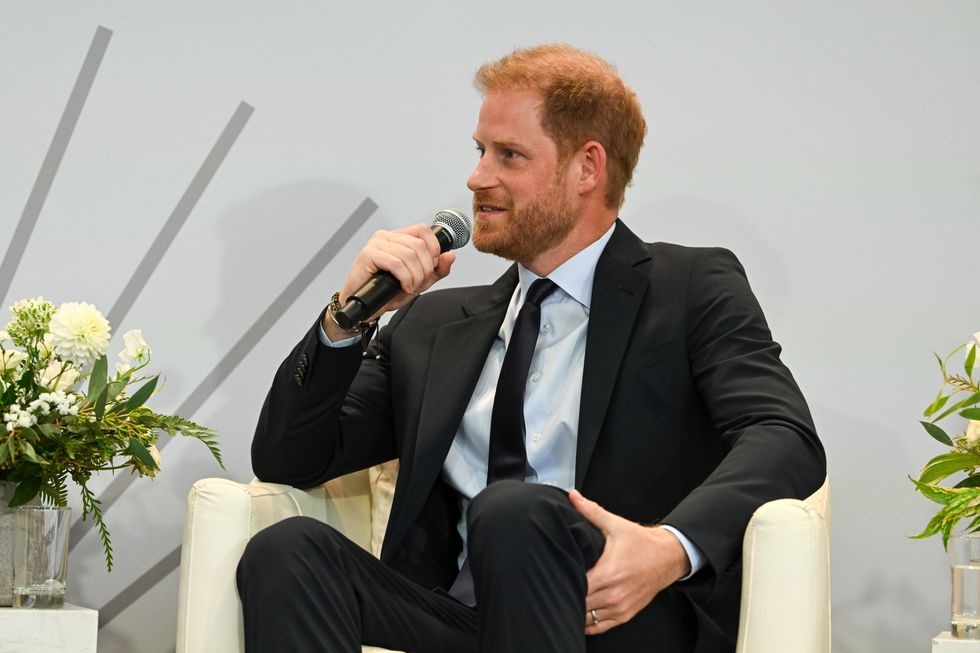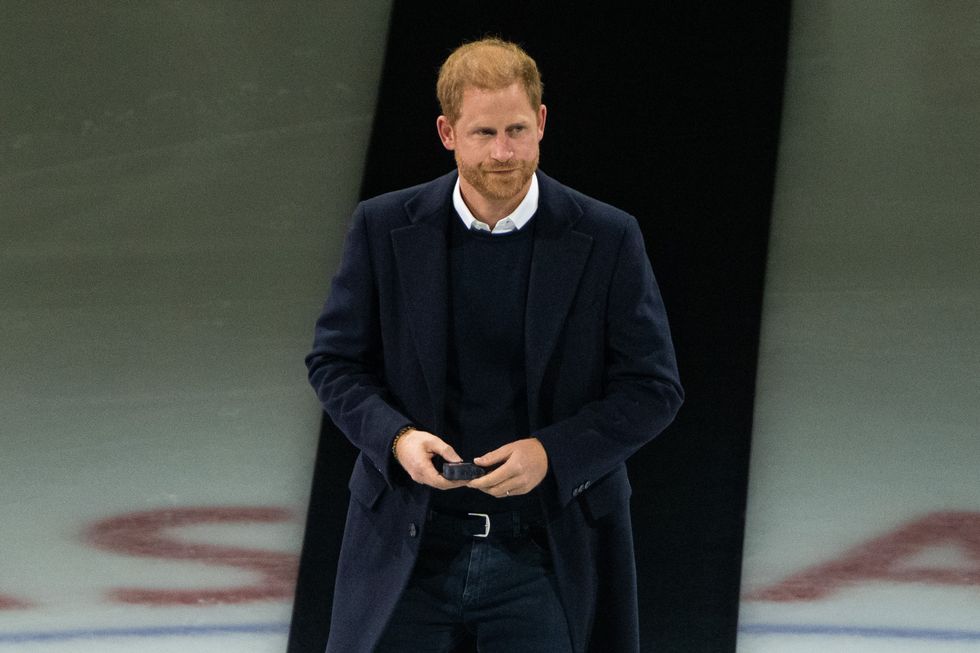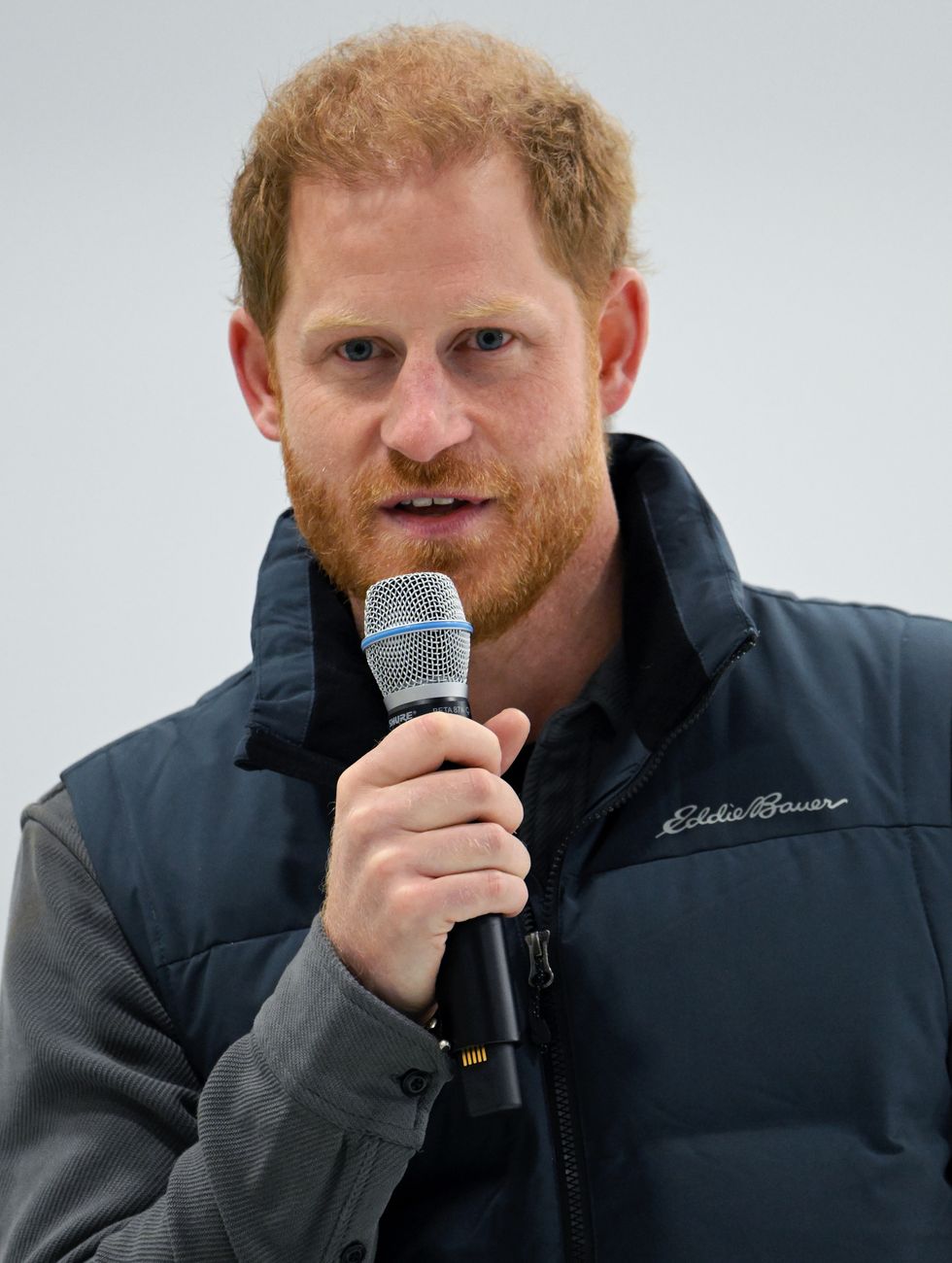Prince Harry is determined to fight on through the British courts.
Getty
Don't Miss
Most Read
Trending on GB News
Prince Harry is determined to fight on through the British courts, eager to tell the world he believes he has been "singled out" and treated "less favourably" by the 'insidious' powers behind Palace gates and in Whitehall.
Unfortunately for the King's second son, retired High Court judge Sir Peter Lane ruled the Home Office committee, that changed the level of police protection Harry receives, was entitled to make the decision it did; The Duke stood back as a working member of the Royal Family in 2020.
The judge has now refused Prince Harry permission to appeal his ruling, deciding his appeal bid was "largely a recapitulation [summary] of the case advanced by the claimant [Prince Harry] at trial".
Sir Peter continued: "The reality of the matter is that the claimant considers he should receive a different approach to his protection whilst in the UK than Ravec [Home Office committee] decided he should, based in part on his comparison of his own position with that of others. Ravec, as an expert body, concluded otherwise. It was entitled to do so.”

The judge has now refused Prince Harry permission to appeal his ruling.
Getty
The Executive Committee for the Protection of Royalty and Public Figures (Ravec) is made up of senior members of the Royal Household, Metropolitan Police and the UK Government.
Prince Harry's lawyer claimed he faced "significant tensions" with Queen Elizabeth II's former Private Secretary Sir Edward Young, now Baron Young of Old Windsor, and was unaware Sir Edward had influence on the committee.
Ravec's decision was therefore "materially prejudiced", Shaheed Fatima QC argued in July 2022, and said The Prince was not allowed to make direct representations to the committee to ensure his concerns were "properly communicated".
Home Office lawyers argued the "significant tensions" between Harry and courtiers close to the late Queen were "irrelevant" and there was "no basis" to conclude that Prince Harry's police security would be different now if he had been allowed to directly make representations to Ravec.
Prince Harry may feel the judge's ruling is unfair; he's now directly seeking permission from the Court of Appeal to challenge the decision, but 'unfairness' might not lead to the Court of Appeal overturning the High Court ruling.

Prince Harry may feel the judge's ruling is unfair; he's now directly seeking permission from the Court of Appeal to challenge the decision.
Getty
At the end of the day, Prince Harry's case against the Home Office is designed to decide if Ravec's decision to change the level of his police protection was unlawful or not.
Ravec taking the morally wrong decision, an opinion the Duke and his supporters presumably have, is unlikely to affect the legal ruling.
According to Richard Buxton Solicitors, the proposed appeal must have "a realistic prospect of success."
"If permission to appeal is refused at that stage, that is the end of the matter. One cannot take it further to the Supreme Court because you will have been refused twice - in the High Court and Court of Appeal."
Prince Harry's legal arguments would, presumably, stay largely the same in any appeal he lodges, meaning he is unlikely to convince the Court of Appeal that the High Court Judge got his ruling wrong.
LATEST ROYAL NEWS:

Court documents revealed Prince Harry's legal team wanted a 50-60% discount.
Getty
Separately, this is turning into an expensive headache for Prince Harry; Mr Justice Lane ordered him to pay 90% of the Home Office's legal fees.
Last month, a Telegraph Freedom of Information Request revealed the burden on British taxpayers was more than half a million pounds.
Despite this, court documents revealed Prince Harry's legal team wanted a 50-60% discount, arguing the Home Office delayed handing key documents to them, forcing Harry's team to refile and resubmit evidence to form part of their claim.
Although the judge agreed the Home Office's actions were "sanctionable", Sir Peter Lane decided a "modest but still significant reduction" of 10% was reasonable.
So, is Prince Harry liable to pay back the Home Office, and by extension British taxpayers, more than £460,000 in legal costs?
It is almost time for the Court of Appeal to play their hand.








